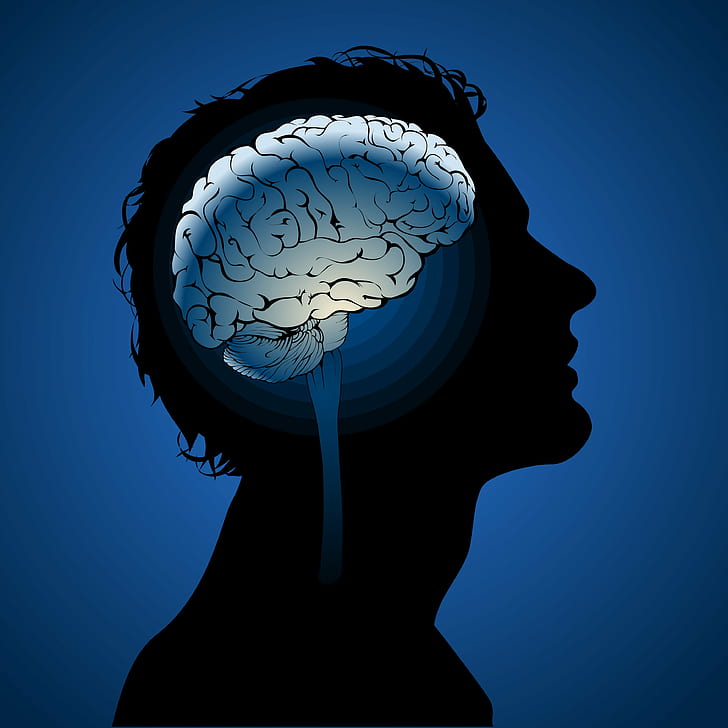
In the maze of depression and addiction, seeking the beacon of counseling and therapy can be the key to unlocking a path towards healing and recovery. The journey through these challenging struggles is not one that needs to be navigated alone. With the right support and guidance, individuals grappling with the weight of depression and the grip of addiction can find solace in the therapeutic space, where vulnerability can lead to strength and hope.
Counseling offers a safe harbor for exploring the depths of depression and the complexities of addiction, providing a space for introspection and understanding. Through the therapeutic process, individuals can untangle the web of their emotions, thoughts, and behaviors, shedding light on the underlying causes of their struggles. By venturing into this space of self-discovery and growth, individuals can begin to rewrite their stories, finding new narratives that prioritize healing, resilience, and self-compassion.
Types of Therapy
First, Cognitive Behavioral Therapy (CBT) is a widely-used approach that helps individuals recognize and modify negative patterns of thinking and behavior associated with depression and addiction.
Second, Dialectical Behavior Therapy (DBT) focuses on developing mindfulness, distress tolerance, emotion regulation, and interpersonal effectiveness skills to help individuals manage intense emotions and behaviors often present in cases of co-occurring depression and addiction.
Lastly, Motivational Interviewing is a collaborative, goal-oriented approach that aims to strengthen an individual’s motivation for change, making it particularly effective in addressing ambivalence towards seeking help for depression and addiction struggles.
Understanding Depression and Addiction
Depression and addiction are complex conditions that often coexist, creating a challenging situation for individuals seeking help. Depression can manifest as persistent feelings of sadness, hopelessness, and loss of interest in activities that were once enjoyed. On the other hand, addiction involves a compulsive need to engage in a certain behavior, such as substance abuse, despite negative consequences. When these two conditions intersect, they can exacerbate each other, making it crucial to address both in therapy.
Therapy plays a vital role in helping individuals navigate the intertwined struggles of depression and addiction. Through counseling sessions, individuals can explore the underlying causes of their conditions, develop coping strategies, and work towards healing and recovery. Therapists provide a safe and non-judgmental space for clients to share their experiences, express their emotions, and learn healthier ways of coping with challenges.
When seeking counseling for depression and addiction, it is important to find a therapist who has experience and expertise in treating both conditions. A holistic approach that addresses the psychological, emotional, and behavioral aspects of depression and addiction can lead to more effective outcomes. Additionally, therapists may incorporate various therapeutic techniques, such as cognitive-behavioral therapy or mindfulness practices, to support individuals in their journey towards improved mental health and well-being.
Effective Counseling Strategies
In counseling sessions for depression and addiction, establishing trust and rapport between the counselor and the individual is crucial. This foundation of a strong therapeutic alliance creates a safe space for open communication and collaboration towards positive outcomes.
Encouraging self-reflection and mindfulness practices can be valuable tools in counseling for individuals struggling with depression and addiction. Helping clients become more aware of their thoughts, emotions, and behaviors can lead to increased self-understanding and opportunities for growth and change.
Sehleby
Utilizing evidence-based techniques such as cognitive-behavioral therapy (CBT) and motivational interviewing can be effective in addressing both depression and addiction in counseling sessions. By challenging negative thought patterns and exploring underlying motivations and ambivalence towards change, counselors can support their clients in developing coping strategies and making healthier choices.

